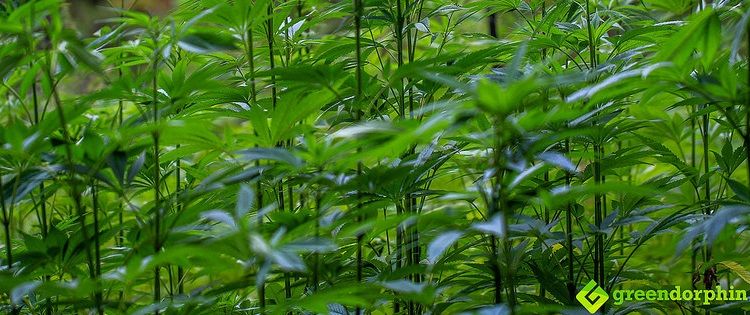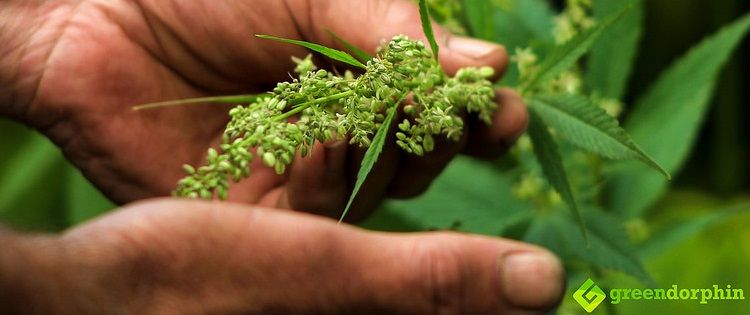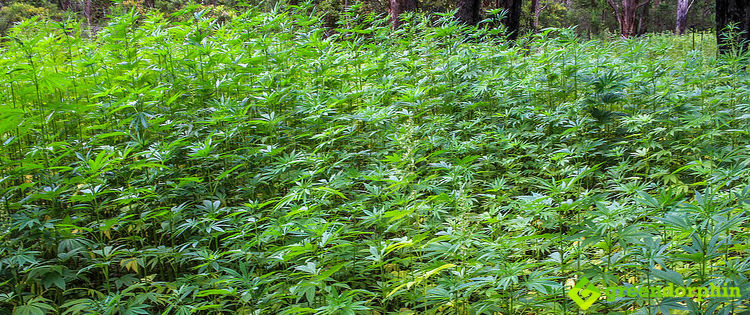The European Hemp industry, in general, is in an interesting place right now. Unlike the United States, hemp growers, for the most part, have been left alone in Europe. This is certainly true since the turn of the century. Hemp cultivation here is an ancient agricultural practice dating back to the Scythians. The vagaries of the last century have also maintained a certain agricultural class in Europe that is a dying breed in the United States. Agricultural family farms and factories, in other words, that survived by filling a niche have been able to begin to flourish in this vertical again.
What and Where Is The Demand?
The hemp industry in Germany and Austria, in particular, has long been associated with the production of industrial products, like clothing, heavy rope, oil for industrial purposes and also medical ones. Hemp oil, as produced in the EU, is also used for health purposes. That said, when produced from industrial hemp, the concentrations of CBD are much lower.
For the last thirty to forty years, in other words, hemp producers who were established family growers have been supplying a low growth but steady market of consumers.

These days, as cannabis reform comes to Europe, where do hemp growers stand, and where might they gravitate?
The interesting question is that reform might actually mean very little for many of them. If the medical production market is something they wanted to enter before, they clearly have a leg up as the continent begins to produce its own medical cannabis crops. However, this is not all that much of an advantage.
While they might be in a position to partner with a foreign producer with experience growing medical crops for a licensed and regulated environment, they cannot just jump straight into the game as growers. The first reason? Medical crops in Germany will most likely be required to be grown indoors. The current medical crops imported into Germany all are now. This means that hemp growers who want to enter the cannabis industry will have to have the extra capital and land to create highly sophisticated grow facilities.
They would also have to shift their distribution focus to a pharma market, which is far more structured and regulated than the industry they now operate in.
In other words, while it might seem like a natural fit to foreign eyes, the hemp industry here is likely to remain divorced from the new medical wave that is sweeping the continent.

Where They Might Also Make Another Difference
Germany, in particular, is a land of scientific research. What legalization means here, beyond the ability of sick patients to get cannabis more easily, is that the German government will begin funding studies on cannabis plants for many different reasons.
What could happen, in fact, is that hemp producers become the top producers of both hemp and mixed varieties of legally tracked cannabis for research purposes.
It Is Not Seen As a Growth Industry Here
If there is one thing hemp is associated within Europe, it is a tradition. The traditional hemp farmers that have established themselves here as businesses are serving a market that has not changed much in thousands of years.
Even those producers who are making “CBD oil” European style are not looking for a new market windfall on the advent of legalization. There have been no hemp producers, as in the United States, who have decided to suddenly start research growing and breeding programs.
The entire industry, in other words, tends to be less entrepreneurial than looking to continue to fulfill a bit more of a traditional niche in an old-fashioned part of the world that still has surprising relevance.
How do you see the growing Hemp Industry in Germany?
Share your thoughts in the comments section below.
- Guenter Weiglein – The Persevering Patient - July 7, 2017
- Dr Peace – A German Cannabis Doctor On The Go - July 5, 2017
- The German Marijuana Edibles Market - July 3, 2017


